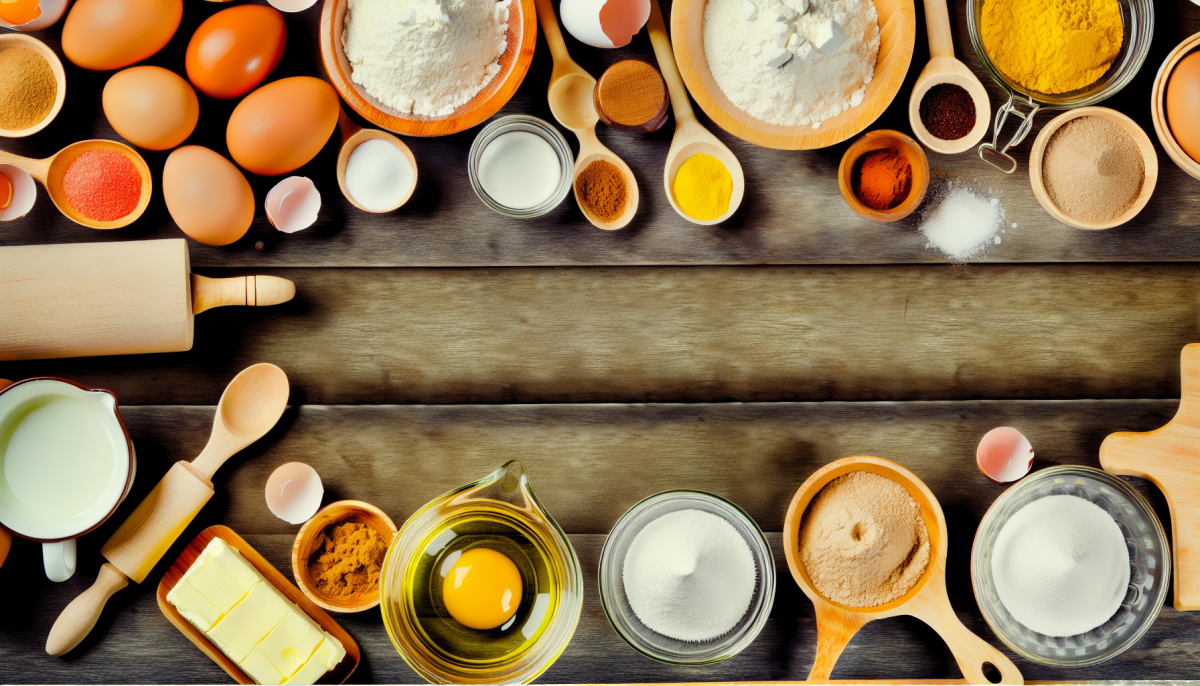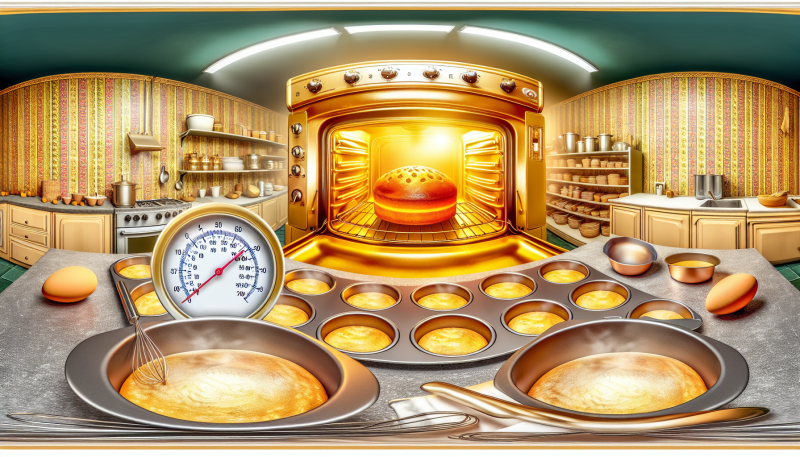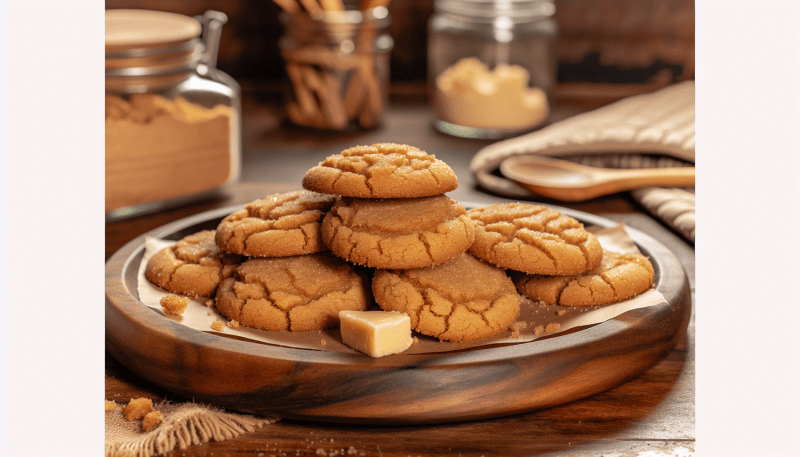Flour is truly the foundation of every baking recipe. Whether you're whipping up a batch of cookies, baking a fluffy cake, or making a savory loaf of bread, flour is the essential ingredient that holds everything together. It provides structure, texture, and substance to all your baked goods. With so many different types of flour available, from all-purpose to whole wheat to gluten-free options, there's a perfect flour for every baking project.
When stocking your pantry with Essential Baking Ingredients, don't forget to grab a bag of flour. It's a versatile ingredient that can be used in countless recipes, making it a must-have for every baker. Whether you prefer the light and airy texture of cake flour or the heartiness of whole wheat flour, having a variety of flours on hand will allow you to experiment and create delicious treats.
Next time you're in the kitchen baking up a storm, remember that flour is the unsung hero of your recipe. It's what transforms a handful of ingredients into a delectable dessert or hearty bread. So make sure to always have a stash of flour in your pantry, ready to be used at a moment's notice. And remember, when it comes to baking, flour is truly the ingredient that makes all the difference.
Essential Spices for Adding Flavor to Baked Goods
When it comes to baking, the right spices can take your creations to a whole new level of deliciousness. Whether you're making cookies, cakes, or bread, adding the perfect blend of spices can elevate the flavor profile of your baked goods. Here are some essential spices that every baker should have in their pantry.
Cinnamon is a classic spice that is a must-have for any baker. Its warm, sweet flavor is perfect for everything from cinnamon rolls to apple pie. Nutmeg is another essential spice that pairs perfectly with cinnamon and adds a hint of warmth and depth to your baked goods. Ginger is also a great spice to have on hand for adding a zesty kick to cookies, cakes, and breads.
Cardamom is a less common spice but can add a unique and exotic flavor to your baked goods. It pairs well with citrus flavors and can add a fragrant, floral note to your creations. Cloves are another essential spice that can add a warm, spicy flavor to baked goods. They pair well with cinnamon and nutmeg and are perfect for holiday baking.
No matter what you're baking, having these essential spices on hand can help you take your creations to the next level. Experiment with different spice blends to create unique and delicious flavor combinations that will impress your friends and family. With the right spices in your pantry, you'll be well on your way to becoming a master baker.
Sweeteners: Natural and Artificial Options for Baking
Sweeteners are an essential component of any baker's pantry, adding sweetness and moisture to a wide variety of baked goods. When it comes to choosing the right sweetener for your recipes, there are two main categories to consider: natural and artificial options.
Natural sweeteners, such as honey, maple syrup, and agave nectar, are derived from plants and offer a more wholesome alternative to refined sugars. These sweeteners can add depth of flavor and a subtle sweetness to your baked goods, making them a popular choice among health-conscious bakers.
On the other hand, artificial sweeteners like erythritol, sucralose, and aspartame are sugar substitutes that provide sweetness without the calories. While these sweeteners may not offer the same depth of flavor as natural options, they can be a good choice for those looking to reduce their sugar intake.
When it comes to baking, both natural and artificial sweeteners have their own unique benefits and drawbacks. Experiment with different options to find the perfect sweetener for your favorite recipes and discover new ways to enhance the flavor and texture of your baked goods.
Baking Powder and Baking Soda: Leavening Agents 101
Baking powder and baking soda are two essential baking ingredients that every baker should have in their pantry. These leavening agents are what give your baked goods that light and airy texture. While they may seem similar, they actually work in different ways to help your baked goods rise.
Baking powder is a combination of baking soda, cream of tartar, and cornstarch. When mixed with a liquid and exposed to heat, baking powder releases carbon dioxide gas, which causes the batter or dough to rise. Baking powder is typically used in recipes that do not contain acidic ingredients, as it already contains an acid to activate the leavening process.
On the other hand, baking soda is a base that requires an acid to activate its leavening properties. When combined with an acid, such as buttermilk or yogurt, baking soda produces carbon dioxide gas, which helps the dough or batter rise. Baking soda is often used in recipes that contain acidic ingredients, like lemon juice or vinegar.
Both baking powder and baking soda are versatile ingredients that can be used in a variety of baked goods, from cakes and muffins to biscuits and cookies. By understanding how these leavening agents work, you can confidently experiment with different recipes and create delicious treats for yourself and others to enjoy. So make sure to keep these essential baking ingredients stocked in your kitchen for all your baking adventures.



